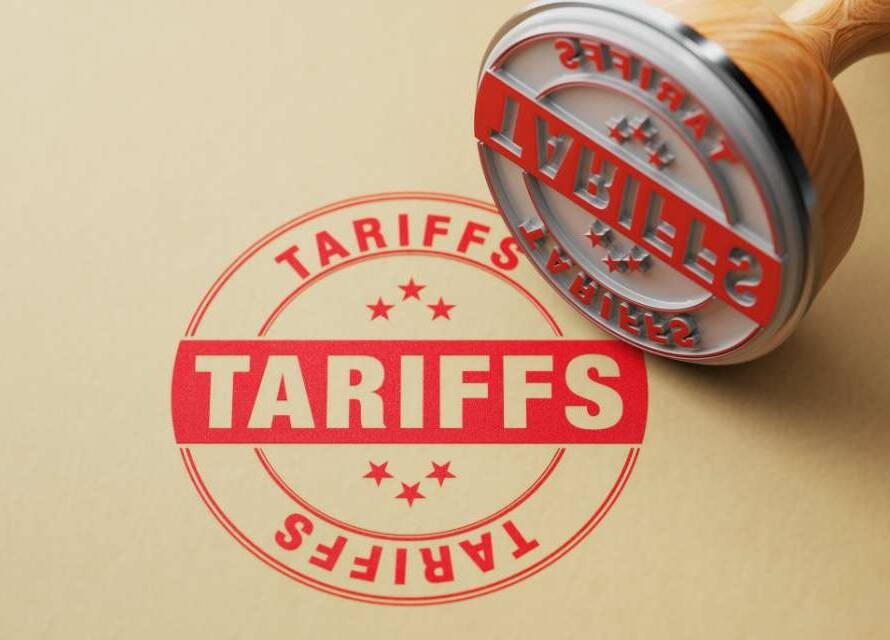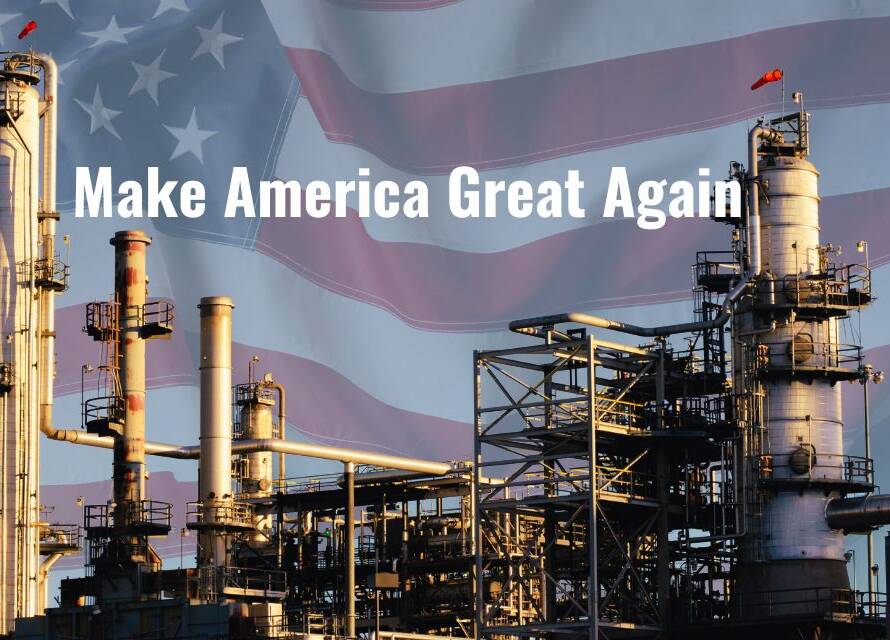In response to the recent decision by the U.S. Trade Representative (USTR) to deny many exclusion requests from tariffs on Chinese imports, American manufacturers face a pressing need to reconsider the critical importance of diversifying their supply chains. This shift is not merely a reaction to current economic policies but also a strategic necessity for the future.
While many are grappling with how to navigate the immediate impact of exclusion denials or expanded tariffs, it is crucial to delve deeper into the underlying reasons for such decisions. Since the implementation of China tariffs in 2018, the rationale has evolved to address broader strategic concerns.
Recap of the Recent USTR Announcement
The USTR recently announced that most products from China currently subject to Section 301 tariffs will continue under these tariffs. Additionally, the U.S. plans to either impose new tariffs or raise existing ones on specific products. As of June 14, 2024, only 164 out of the current 429 exclusions will remain in effect until May 31, 2025. Consequently, 265 exclusions will expire after June 14, subjecting these products to Section 301 tariffs ranging from 7.5% to 25%.
This new USTR decision carries significant implications for various manufacturing sectors. For example, the electric vehicle and battery industry may face proposed tariff increases of up to 100%, impacting U.S. companies heavily reliant on Chinese imports in the EV supply chain.
Similarly, the steel and aluminum industries could see proposed tariffs potentially rising to 25%, leading to higher production costs for U.S. manufacturers relying on Chinese imports of these materials. Moreover, various types of fabricating and metalworking machinery, such as laser cutting and welding equipment, will continue to be subject to significant tariffs, affecting manufacturers importing this equipment from China.
The Strategic Necessity for Supply Chain Diversification
The recent USTR announcement underscores the fundamental goal of realignment: diversifying U.S. trade away from China. In a recent Wall Street Journal article, Biden’s trade ambassador noted that many importers argued that alternative products were unavailable because China remained the lowest cost source. The ambassador emphasized that extending exclusions would only delay the necessary shift to alternative sourcing, perpetuating dependence on Chinese suppliers and products, which undermines the broader goal of altering China’s behavior.
These underlying reasons reflect broader concerns about China’s dominance in numerous manufactured goods and processed minerals, raising fears of China’s excessive influence on the U.S. and its allies’ economies and security. This apprehension has intensified with the looming threat of a new “China shock” characterized by cheap manufactured exports.
Such underlying concerns are unlikely to dissipate quickly, suggesting that new tariffs or restrictions on Chinese imports will likely persist, if not expand further. Therefore, supply chain diversification is increasingly imperative. Companies must explore alternative sourcing opportunities and strategic partnerships to mitigate risks, reduce costs, and enhance their competitiveness.
As a U.S.-based company with 30 years of experience, Source Machining Specialties specializes in helping U.S. manufacturers with their manufacturing needs in India. We’re so confident in our Indian production facilities that we invite you to a site audit at our expense. Discover more about our capabilities and services, and let’s start a conversation.



